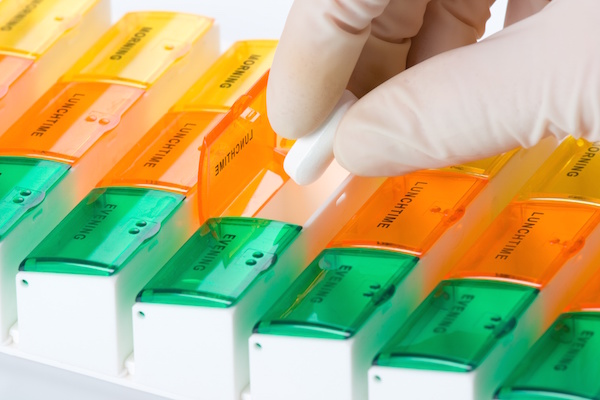
FRIDAY, Nov. 15, 2013 (HealthDay News) — A device implanted within the skull to help reduce the frequency of epileptic seizures has been approved by the U.S. Food and Drug Administration.
The RNS Stimulator is placed under the scalp and sends electrical pulses to the part of the brain where seizures are suspected to originate, the agency said in a news release.
Epilepsy, estimated to affect nearly 3 million people in the United States, is the third most common neurological disorder behind Alzheimer’s disease and stroke. Some 40 percent of those treated for epilepsy continue to have seizures, the FDA said.
Approval for the new device was based on clinical studies involving 191 people with drug-resistant epilepsy. Three months after the device was implanted, participants had about 38 percent fewer seizures per month compared to a 17 percent decrease in seizures among people who had the implanted device turned off, the FDA said. The most common adverse reactions included implant site infection and premature battery discharge.
People who have had the device implanted cannot have magnetic resonance imaging (MRI) or similar procedures, which could lead to permanent brain damage, the FDA noted.
The RNN Stimulator is produced by Neurospace Inc., based in Mountain View, Calif.
More information
For more about epilepsy, visit the U.S. National Institute of Neurological Disorders and Stroke.
Copyright © 2026 HealthDay. All rights reserved.

